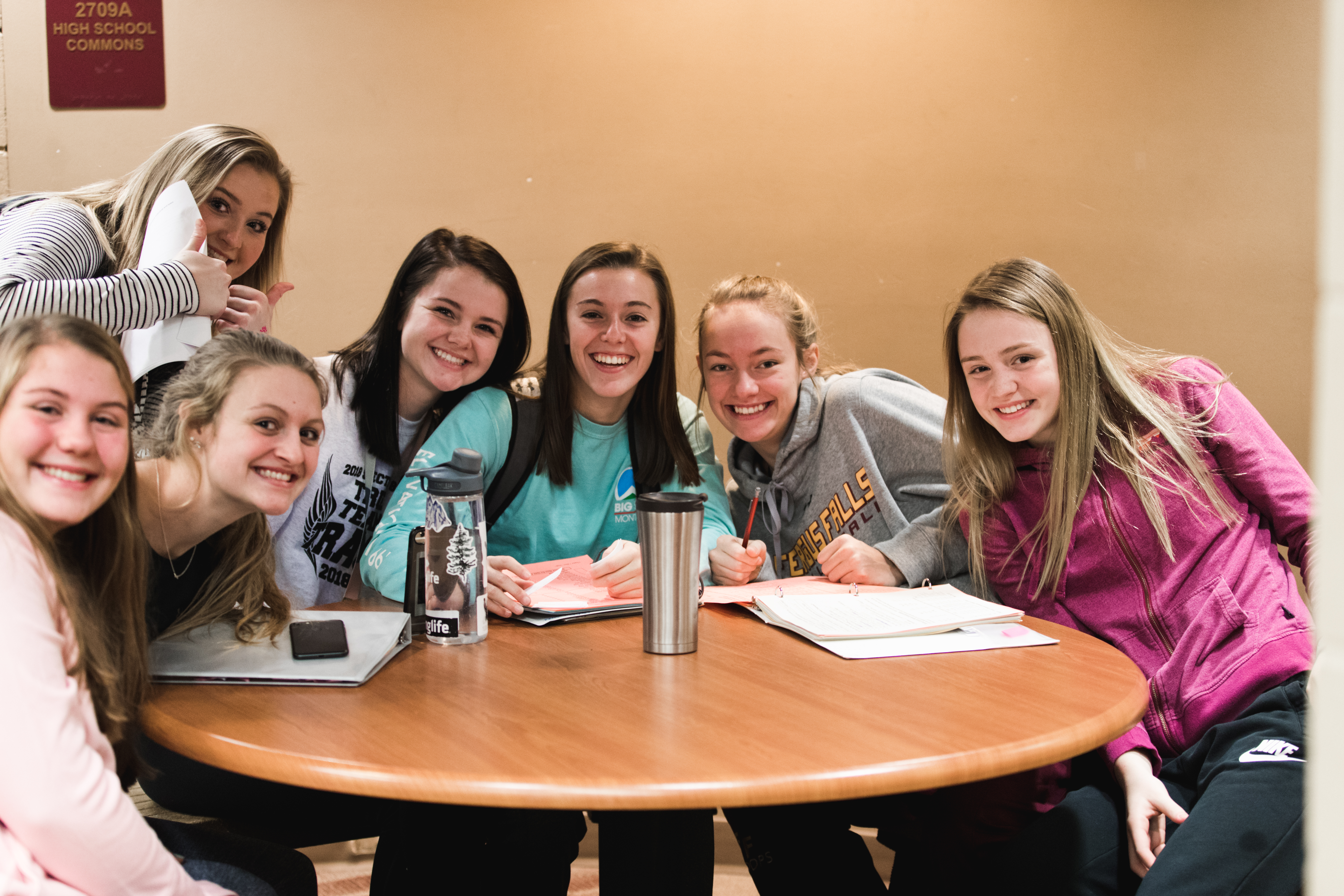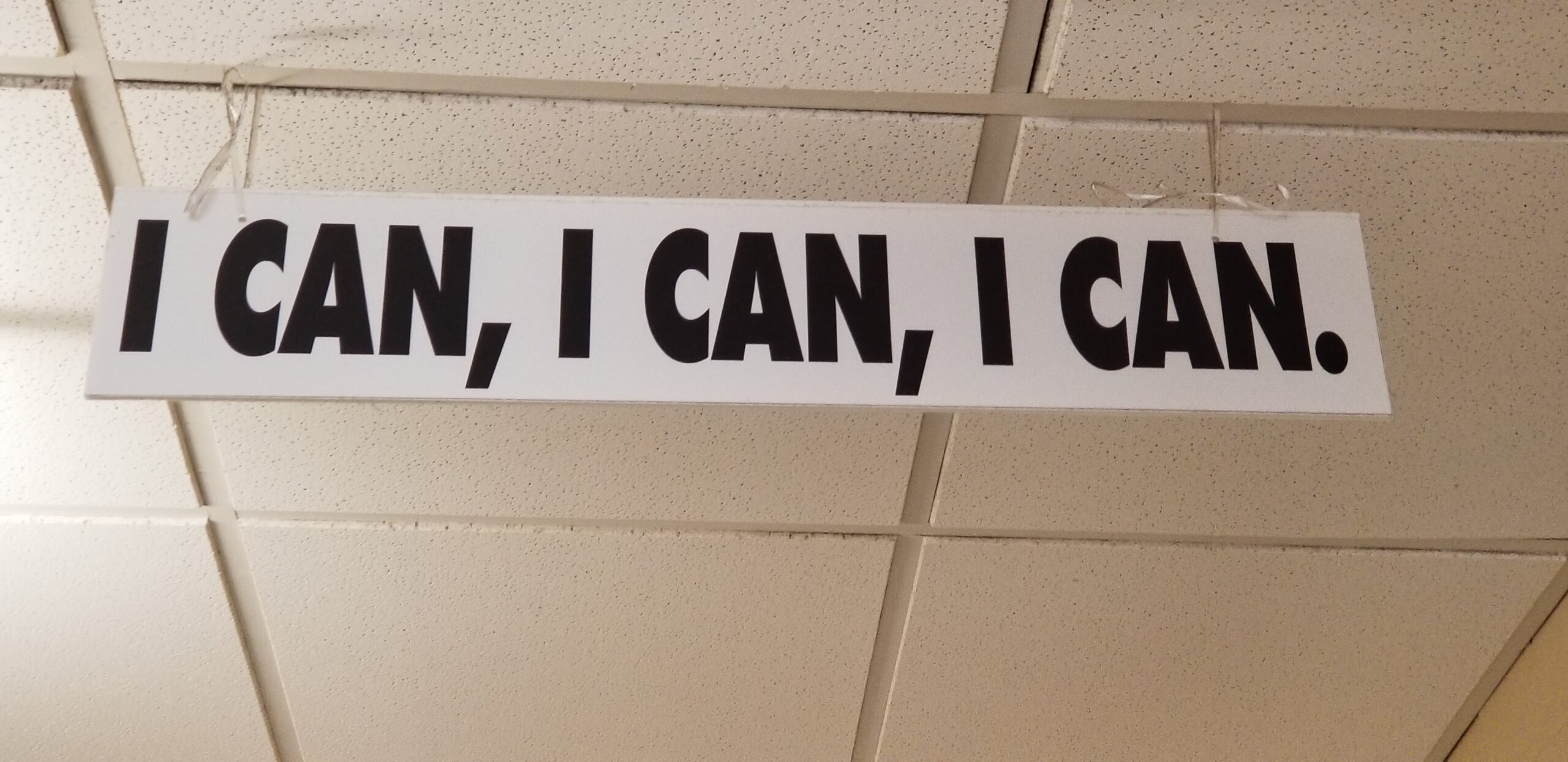Child hunger is a problem that affects at least 1 in 6 school-aged children without access to regular meals. The House Education Finance Committee on Thursday heard a bill that aims to address this issue.
HF 1985 (Jordan, DFL – Minneapolis) would enroll more schools in the federal Community Eligibility Provision program, which provides no-cost meals to all students in high-poverty neighborhoods. Many schools eligible for this program do not currently use it as the program runs at an economic loss at lower levels of free and reduced populations.
HF 1985 would have the state provide gap funding to make CEP work for eligible schools. The Minnesota School Nutrition Association testified in support of universal meals, but noted HF 1985 would only help some schools, not all, address hunger issues. MSNA noted their national ‘SNA’ is urging Congress to permanently expand the National School Lunch and School Breakfast Programs to offer all students meals at no charge as an integral part of the educational experience.
In other student lunch related news this week:
Compensatory Education Revenue Changes
With students working from home this past year, school districts have experienced a major decline in free and reduced lunch forms, which have directly decreased compensatory revenue for schools. HF 1144 (Feist, DFL – New Brighton) is a proposal that would modify compensatory education revenue formula.
The bill also mirrors the Governor’s supplemental budget request that backfills $68 million in lost compensatory revenue from this school year.





